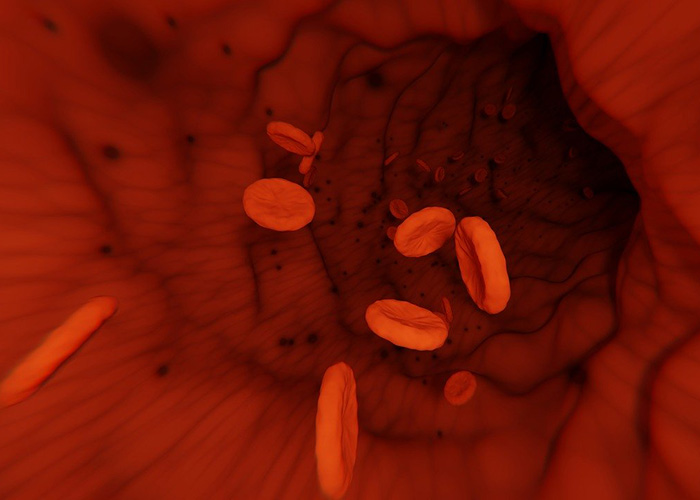
Aplastic anemia is a rare and potentially life-threatening form of anemia that occurs when your body does not produce enough red blood cells. It is also one of several conditions that have been linked to toxic exposure to volatile organic compounds (VOCs) at U.S. Marine Corp Base Camp Lejeune in North Carolina.
Aplastic Anemia from Camp Lejeune Toxic Exposure
From the mid-1950s to the mid-1980s, service members and their families stationed at Camp Lejeune may have been exposed to toxins like trichloroethylene (TCE), perchloroethylene (PCE), benzene, and vinyl chloride, which were improperly stored and disposed of on and nearby the base.
Veterans who have been diagnosed with aplastic anemia and were on active duty for a certain length of time at Camp Lejeune between August 1, 1953 and December 31, 1987 may be eligible for additional healthcare benefits and compensation from VA. VA has also established a list of presumptive conditions so that veterans with certain diagnoses do not need to provide a medical nexus linking an active diagnosis to their service record. Some healthcare benefits also extend to affected family members of service members. For more information on Camp Lejeune, you can read our blogs on TCE exposure benefits and Camp Lejeune leukemia cases.
Aplastic Anemia Symptoms, Risk Factors, and Treatment
Aplastic anemia occurs when your bone marrow fails to produce the needed amount of red blood cells, and potentially enough white blood cells and platelets, too. All blood cells have certain roles, with red blood cells containing iron-rich hemoglobin that allows the cells to carry oxygen from your lungs to the rest of your body.
Risk factors for aplastic anemia vary, but can be narrowed to a handful of possible causes. Inherited aplastic anemia, which can occur in children and young adults, may result from gene defects, while acquired aplastic anemia—seen in older adults—may be caused by chemical exposures (like those found at Camp Lejeune), cancer treatments, certain medications, and viruses like HIV and Epstein-Barr.
Symptoms can vary based on which types of blood cell counts are low. Low red blood cells can result in tiredness, shortness of breath, dizziness, headaches, chest pain, irregular heartbeat, and pale skin. Low white blood cell counts can cause more frequent infections or fever, and low platelets can cause easy bleeding, bruising, and frequent nosebleeds.
Treatment may vary depending on the severity of your condition. Anemias may be temporary or long-lasting, and may not be severe. They are often the result of more than one cause, too. Aplastic anemia will likely be treated with blood transfusions to boost red blood cell counts, as well as bone marrow transplant if needed.
VA Disability Ratings for Aplastic Anemia
Aplastic anemia is found under diagnostic code 7716 in the Federal Register, and cases are rated based on the severity of your condition and the treatment required. Ratings include the following:
- 100%: Requiring peripheral blood or bone marrow stem cell transplant; or requiring transfusion of platelets or red cells, on average, at least once every six weeks per 12-month period; or infections recurring, on average, at least once every six weeks per 12-month period
- 60%: Requiring transfusion of platelets or red cells, on average, at least once every three months per 12-month period; or infections recurring, on average, at least once every three months per 12-month period; or using continuous therapy with immunosuppressive agent or newer platelet stimulating factors
- 30%: Requiring transfusion of platelets or red cells, on average, at least once per 12-month period; or infections recurring, on average, at least once per 12-month period
Assistance With Your Claim
The Camp Lejeune Act of 2012 and the Honoring Our Pact Act of 2022 have increased the benefits available to veterans and affected family members. Because of this, veterans are more eager than ever to collect the compensation due to them. And if family members have been affected, it also requires filling out a separate form: VA Form 10-10068: Camp Lejeune Family Member Program Application.
Because of the difficult many veterans have navigating the VA disability claims process, we recommend seeking the best representation you can to guide you through it, building you the strongest case and earning you the compensation you deserve. Contact VA Disability Group PLLC today at 844-VET-LAWS or fill out our online form to get started.




Comments are closed